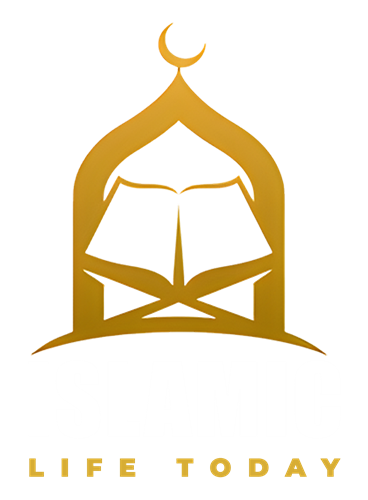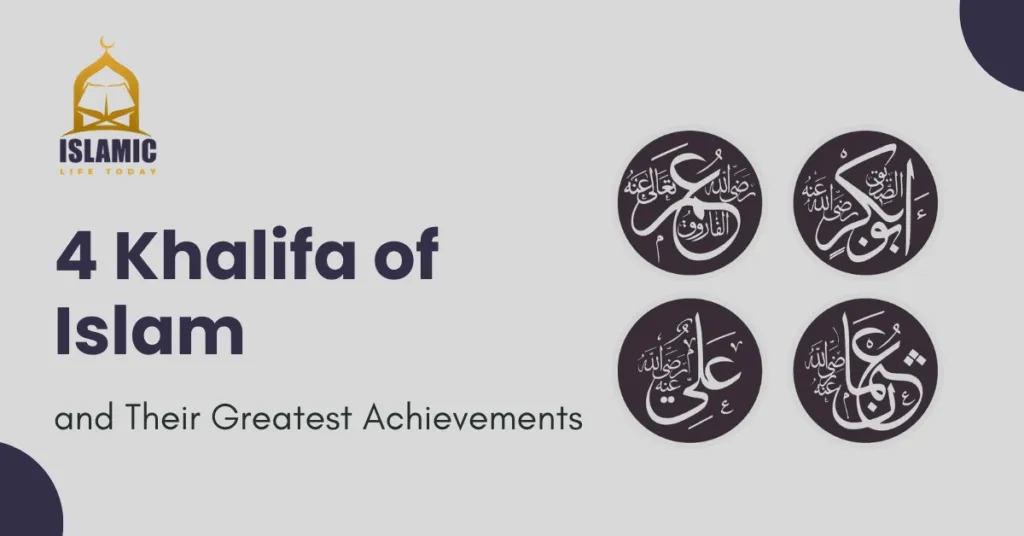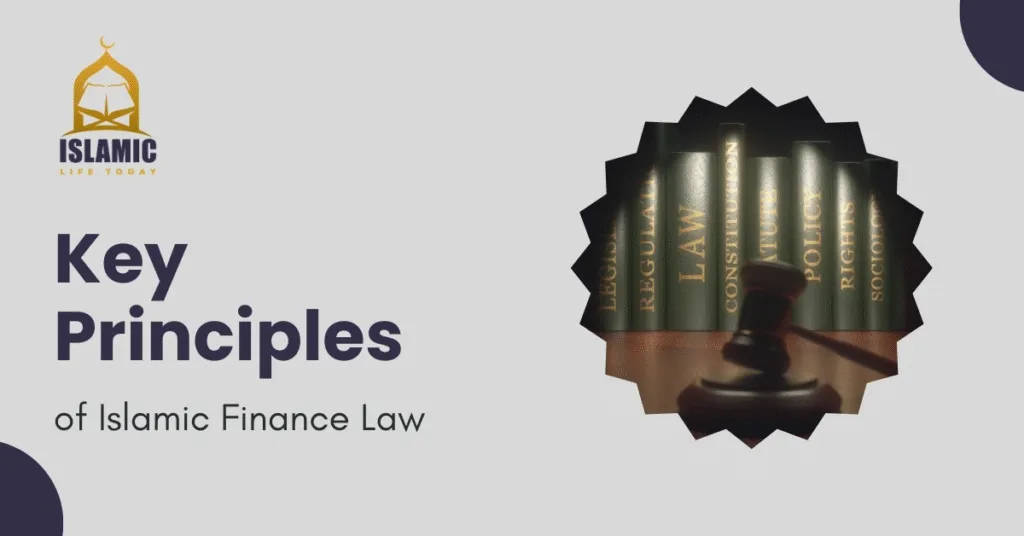Have you ever thought that Islamic makes banking different from the traditional banking system we use? Islamic banking and finance are not just a trend; It is a complete philosophy that mixes finance with morality, directed by Sharia principles. Unlike traditional banks, who rely too much on interest (or RIBA), Islamic banks work under a set of rules that prefer fairness, transparency and social responsibility.
In today’s world, where moral investment is receiving traction, Islamic banking and finance are becoming increasingly popular-only in Muslim-bound countries but globally. From Dubai to London, the financial institutions are integrating Sharia-non-realized services to fulfill a morally conscious audience.
Core Principles of Islamic Banking
The fundamental rules guiding Islamic banking emphasize on moral finance, risk-sharing and Sharia law.
The Role of Shariah in Finance
In the heart of Islamic banking and finance, Sharia is the moral and legal structure derived from the Quran and Hadith. Sharia ensures that all financial activities are ethical and do not include anything prohibited (haram), such as gambling, alcohol, or pork -related business. This theory ensures that investors and customers can believe that their money is being handled responsibly.
Prohibition of Riba (Interest)
One of the most important differences between Islamic and traditional banking is the prohibition of interest. Islamic banks do not pay interest or interest on loan or deposit. Instead, they focus on the arrangement of profit-and-loss sharing, which encourages transparency and fairness between banks and customers.
Risk Sharing and Ethical Investments
Islamic banking emphasizes sharing both risk and reward. This means that the bank and its customers share profits and losses with investment. It encourages banks to make moral decisions, avoids risky undertakings for profit.
Key Products and Services in Islamic Banking
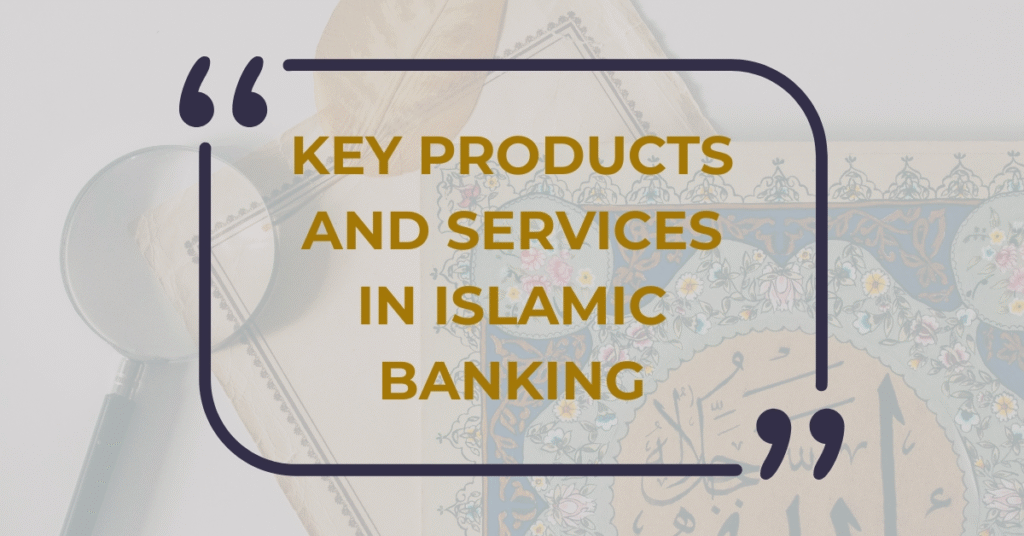
Islamic banking provides a wide range of products that meet various financial needs in line with Sharia law.
Islamic Savings and Current Accounts
These accounts work similar to traditional accounts, but without paying interest. Instead, profits are generated through Sharia-influence investment, which are shared with account holders.
Murabaha (Cost-Plus Financing)
Marabah is a popular financing method where the bank buys a property and sells the client on pre-profit profit margin. This allows customers to buy goods without paying interest, ensuring transparency in pricing.
Ijarah (Leasing)
Israhah is essentially on lease. The bank buys a property and leases the customer for a certain fare fee. Depending on the ownership agreement, the end of the lease can move the customer.
Sukuk (Islamic Bonds)
Sukuk is the Sharia-Anupal Husbandry Bond that represents ownership in tangible property. Investors earn returns from property benefits rather than interest, making it a favorite tool for moral investment.
Takaful (Islamic Insurance)
Unlike traditional insurance, Takaful works on a cooperative model, where participants contribute to a pool of money used to support the needy members. The benefit, if any, is shared between the participants, emphasizing the community and mutual support.
Differences Between Islamic and Conventional Finance
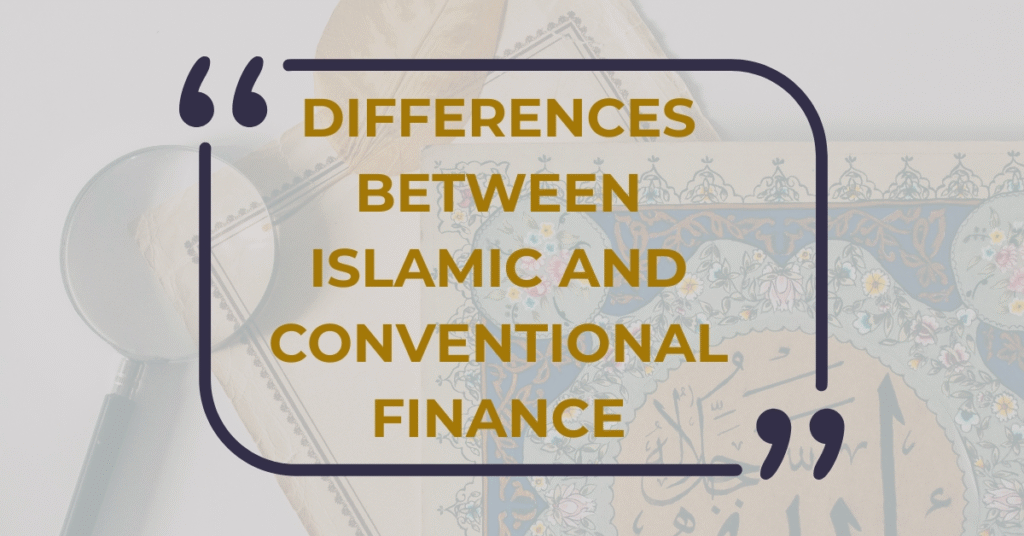
Key distinctions highlighting interest-free, ethical, and profit-sharing principles of Islamic finance versus traditional banking practices.
Profit and Loss Sharing vs. Fixed Interest
Traditional banks mainly earn money through interest on loans, while Islamic banks share profits and losses with their customers. This model encourages moral lending and responsible investment practices.
Ethical Screening of Investments
Islamic banks avoid investing in businesses that are considered harmful or immoral under Sharia law. This includes industries such as alcohol, gambling and tobacco. On the other hand, traditional banks usually do not have any such restriction, which prefer benefits above all.
Global Growth of Islamic Banking and Finance
The expansion of the adoption of Sharia-Monopan Husbandry Financial Services and Ethical Banking Solutions worldwide.
Leading Countries in Islamic Finance
Countries like Malaysia, Saudi Arabia, UAE and Bahrain are at the forefront of Islamic banking. Malaysia, in particular, is a strong regulatory framework that supports Islamic finance, which is a global center for Sharia-influential banking.
The Rise of Islamic FinTech
The financial technology sector is rapidly incorporating Islamic principles. From mobile banking apps to digital investment platforms, Fintech Islamic Banking is making the world more accessible to a small, technology-loving audience worldwide.
Benefits of Islamic Banking and Finance
Benefits such as moral investment, financial stability and inclusive services for both Muslims and non-Muslims.
Stability and Ethical Investment
Islamic banking becomes more stable during financial crises as it avoids speculative investment. By focusing on tangible property and moral practices, it reduces contact with high -risk enterprises, benefiting both banks and customers.
Inclusivity for Muslims and Non-Muslims
Although Islamic banking follows Sharia principles, one can use its services. Its moral investment models, transparency and risk-sharing approaches attract those who prioritize responsible finance regardless of their religion.
Challenges Facing Islamic Banking Today
Major obstacles include limited awareness, regulatory discrepancies and issues of standardization in markets.
Lack of Awareness and Education
Many potential customers are unaware of how Islamic banking or its benefits work. The misunderstandings about Sharia compliance and interest-free banking can discourage people by adopting these services.
Regulatory and Standardization Issues
Islamic banking faces challenges in standardization across the country. Various interpretations of Sharia law can cause confusion, which makes it difficult for global investors and customers to navigate the system.
How to Start with Islamic Banking
A guide to open Sharia-Monotropoping accounts and choose appropriate Islamic banking products.
Opening an Islamic Bank Account
Starting with Islamic banking is much easier than you can think. Many banks offer basic accounts without any interest, but with profit-sharing benefits. Opening an account usually requires standard documents like ID, Proof of residence, and an initial deposit.
Choosing Shariah-Compliant Products
When choosing Islamic banking products, it is necessary to verify that they are Sharia. Most banks have Sharia boards that oversee product compliance. Popular options include Marabah financing, Israrah lease and sukak investment.
Future of Islamic Banking and Finance
Emerging trends and widespread acceptance of global adoption and moral finance to digital innovations.
Role of Digital Transformation
Digital banking is bringing revolution in Islamic finance. Online platforms, mobile apps and AI-operated financial equipment are making Sharia-Anupal Husbandry Banking accessible to millions of people worldwide.
Growing Global Acceptance
Along with increasing awareness about moral finance, Islamic banking is also attracting non-Muslim customers. The principles of transparency, fairness and risk-sharing are echoed with anyone seeking moral investment solutions.
Frequently Asked Questions (FAQs)
No, anyone can use Islamic banking services. Its moral and transparent approach appeals to both Muslims and non-Muslims.
Islamic banks earn profit through asset-supported financing, profit-sharing agreements and moral investment rather than charging interest.
Yes, non-Muslims can benefit from moral, interest-free and risk-sharing characteristics of Islamic finance.
Takaful is a cooperative insurance model where participants contribute to a fund and share the opposite benefits of traditional insurance.
Islamic banking can be safe during financial crises due to moral investment, tangible property and focus on risk-sharing principles.
Conclusion
Islamic banking and finance offers a unique, ethical, and stable approach to managing money. By adhering to Shariah principles, it ensures fairness, transparency, and social responsibility. Whether you are a Muslim or someone looking for ethical financial solutions, Islamic banking provides a viable alternative to conventional banking systems. With global adoption and technological advancements, it is poised to become a significant part of the future of finance.
